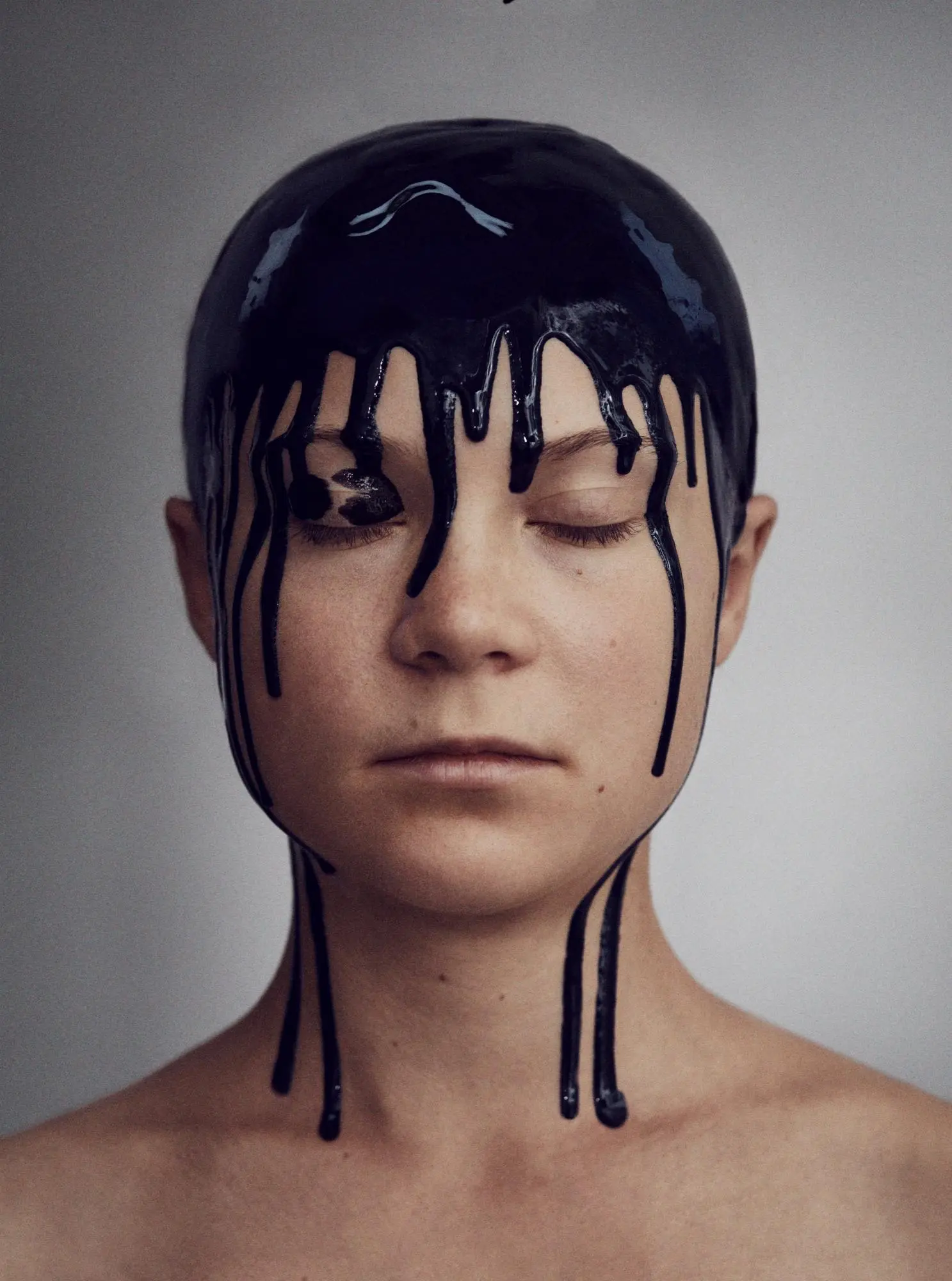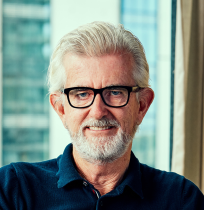
The Project
Our aim, in this research program is to find, explore, and co-produce ways of ‘staying with the trouble’ that are disruptive of orthodoxies, and productive of new ways of thinking and of being and becoming in the circumstances that we (young and old) find ourselves in.
The link here is to our blog on this program, a conference that we held in Bilbao Spain in 2019 (including audio and video recordings of the presentations), and updates on things such as the edited collections that emerged from that conference:
The Challenge
In the Coda in a recently published book (Peter Kelly, Perri Campbell and Luke Howie (2019) Rethinking Young People’s Marginalisation: beyond Neo-Liberal Futures, Routledge) we engage with Donna Haraway’s (2016) Staying with the Trouble to think about what sort of intellectual work is possible given the ‘trouble’ we find ourselves in, that we have made for ourselves.
Donna Haraway (2016, p.1) thinks that ‘Trouble is an interesting word’. Coming from a mediaeval French verb ‘meaning “to stir up,” “to make cloudy,” “to disturb”’, it points to the materiality that ‘We – all of us on Terra – live in disturbing times, mixed-up times, troubling and turbid times’. In Staying with the Trouble, Haraway (2016, p.4) highlights the crises of earth systems that situate us, all, ‘in the midst of the earth’s sixth great extinction event and in the midst of engulfing wars, extractions, and immiserations of billions of people and other critters for something called “profit” or “power” – or, for that matter, called “God”.’ When we find ourselves in this sort of trouble it is relatively easy, even understandable that a certain:
game-over attitude imposes itself in the gale-force winds of feeling, not just knowing, that human numbers are almost certain to reach more than 11 billion people by 2100. This figure represents a 9-billion-person increase over 150 years from 1950 to 2100, with vastly unequal consequences for the poor and the rich – not to mention vastly unequal burdens imposed on the earth by the rich compared to the poor – and even worse consequences for nonhumans almost everywhere. There are many other examples of dire realities; the Great Accelerations of the post-World War II era gouge their marks in earth’s rocks, waters, airs, and critters. (Haraway 2016, p.4)
There is trouble a plenty for terrans in our troubling presents, in our possible, probable, likely, futures. But for Haraway (2016, p.3) the idea of ‘staying with the trouble’, and what that might mean, emerges from her ‘impatience’ with two types of responses that she hears, that she experiences, that she feels, in relation to the trouble we find ourselves in, in relation ‘to the horrors of the Anthropocene and the Capitalocene’. The first response, which she suggests is easy to identify, and to dismiss, is what she calls ‘a comic faith in technofixes, whether secular or religious: technology will somehow come to the rescue of its naughty but very clever children, or what amounts to the same thing, God will come to the rescue of his disobedient but ever hopeful children’. The second response is possibly more understandable, more difficult to dismiss, and as a consequence, more dangerous. In this type of response there is a sense ‘that the game is over, it’s too late, there’s no sense trying to make anything any better, or at least no sense having any active trust in each other in working and playing for a resurgent world’ (Haraway 2016, p.3).
Outcomes
Peter Kraftl, Peter Kelly, Diego Carbajo Padilla, Rosalyn Black, Seth Brown, Anoop Nayak (eds) Young People and Thinking Technologies in/for the Anthropocene, Rowman and Littlefield International
Young People and Thinking Technologies in/for the Anthropocene, and
Peter Kelly, Peter Kraftl, Diego Carbajo Padilla, Rosalyn Black, Deborah MacDonald, Meave Noonan, Ana Sofia Ribeiro (eds) Young People and Stories of/for the Anthropocene, Rowman and Littlefield International

 Professor Peter Kelly
Professor Peter Kelly